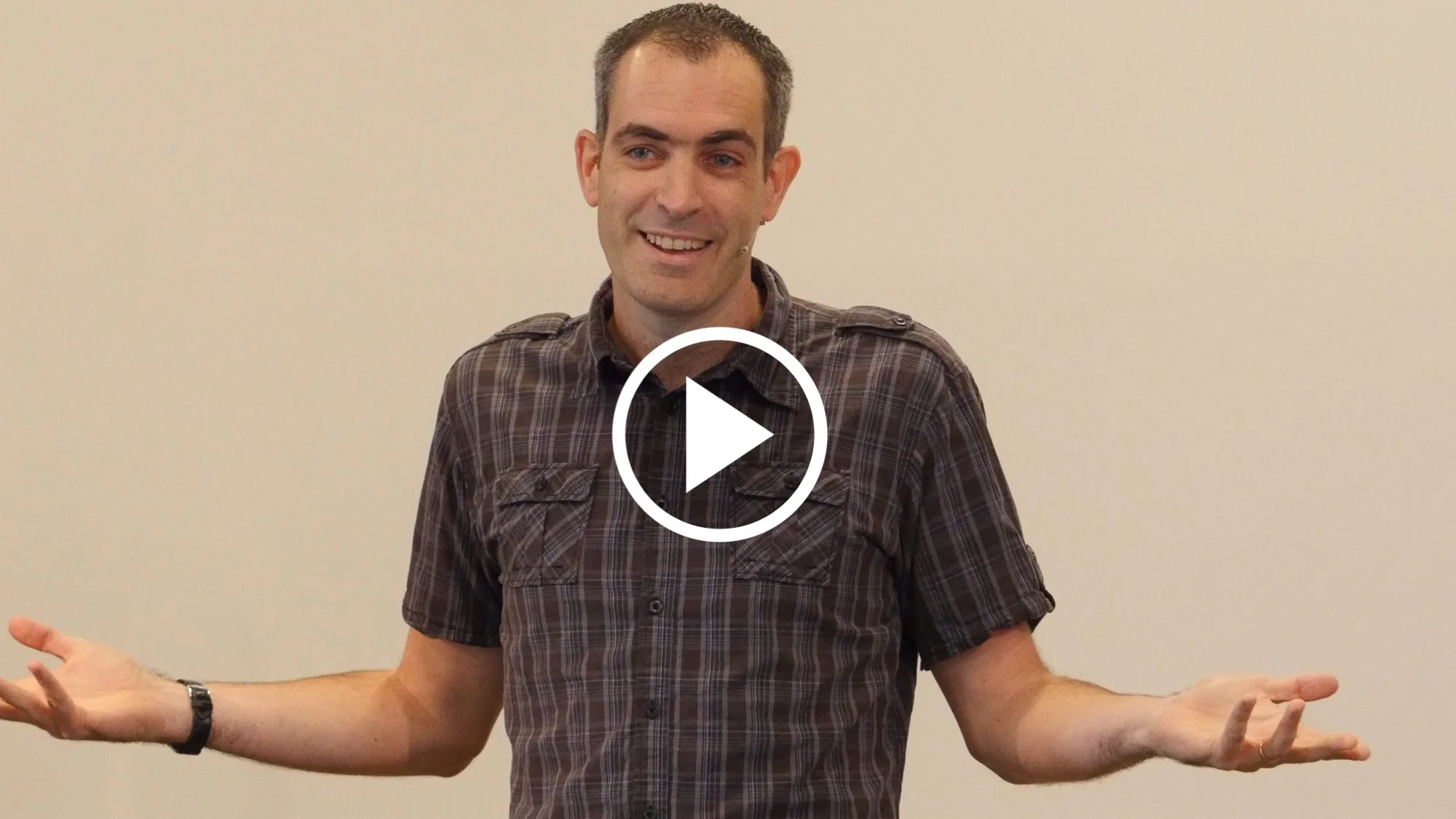For many people the Old Testament is literally a closed book. Yet for Jesus himself, and the early Church, it was their scripture. Jesus quotes the Old Testament often, as do Paul and the other New testament writers. Yet for may of us today there seems to be a disconnect between ‘the God and Father of our Lord Jesus Christ’ and the requirements of God as he appears in the Old Testament. How should we read this book?
Prayer is a defining habit of a follower of Jesus. Disciples say ‘teach us to pray’. John has a confidence in prayer that God hears us. Does this sort of confidence in God inspire more prayer which gives rise to more confidence?
How do we radically love? The love of God constrains us to love one another as we obey Jesus’ new commandment. How much does fear hold us back from radical love? Fear of rejection? Fear of hurting others if we are honest? Fear of shame and exposure if we are open?
Our God's generous, He gives to all of us. But what about us? How can we develop a habit of generosity to those around us in response to God?
We live in an age of ‘fake news’ and image driven lifestyle communication, where Truth is a rare commodity. Jesus was so committed to truth that he said/implied that if we swore an oath instead of letting our yes be yes and our no be no it was from the evil one (father of lies) and indication that our words are not trustworthy.(matt 5:37)
Confession is a major spiritual discipline in the Catholic church and perhaps partly in reaction not mainstream in protestant tradition. It’s encouraged biblically by example, in the people first baptised by John (mark 1:5) and in evangelism (Acts 19:18). It’ encouraged not just to be Godward but to one another (James 5:16). John assumes in his letter all sin, and all can be forgiven.
God is a promise keeping God, a God of covenant. How do we understand and apply God’s promises particularly in times of shaking and trouble? What does it mean for us to play our part in keeping covenant with God? Does God have covenant promises for communities and nations today?
The Bible tells us that God is close to the broken hearted, and the Holy Spirit is called by Jesus ‘the comforter’. One of the great things we can do as a prophetic people is mediate God’s comfort and hope to a broken world. Jeremiah’s words of comfort have been applied and brought re-assurance to millions of people since they were first recorded. How do we unlock the power of comfort and hope in our world today
We challenge and confront people we love. Jeremiah’s love for his people reflects the love of God for his chosen ‘bride’ as He calls the Jewish nation. The confrontation is strong however! What gives us the authority to confront and how do we do it appropriately?
Jeremiah lived through the final years of the nation of Judah from the era of the decline of Assyrian power through to the Babylonian captivity of the Jewish people. He was as a young man when called, and lived through the reigns of four kings (from Josiah to Zedekiah) over a turbulent forty-year period. What can we learn about Jeremiah's calling to respond in a time of crisis?
God speaks to us in many ways 1. through creation (Rom 1v20), 2. through scripture (2 Tim 3v14-17), 3. through Jesus - the word made flesh (John 1v1-2, 14, Hebrews 1v1-3), 4. through the Sprit (prophecy)
The Bible is God's written word to us. Do we feel confident in how to read and apply it? Giving personal example, show how God's word revives the soul, brings wisdom for living, gives joy to the heart and gives guidance, lighting our path in life (Psalm 19v7-11). How do we apply the promises of God from the Bible in our lives (2 Cor 1v20)?
One of our church distinctives is "Everyone a minister", but does everyone feel confident to minister? During the talk revisit the biblical idea that everyone is a minister and that we all have different gifts to use (Rom 12, Ephesians 4)
Paul was confident as he ministered to Christians in places like Corinth that he was ministering life rather than "law that kills". How do we avoid legalism in ministry?
It's not "our" ministry, it is the Spirit's ministry, that gives life. How do we minister in the power of the Holy Spirit? (1 Cor 12)
In a multi-cultural society, do we have confidence in Jesus, his unique claim to be the one who brings us to know God as father (John 14v6), the one who ultimately reveals what God is like (Col 2v9), the one who can empathise with our humanity (Heb 4v14-16) and the only one through whom salvation and forgiveness comes (Acts 4v12)?
Do we have confidence that Jesus is the wisest person who ever lived and that we would be wise to make him Lord of every aspect of our lives?

























